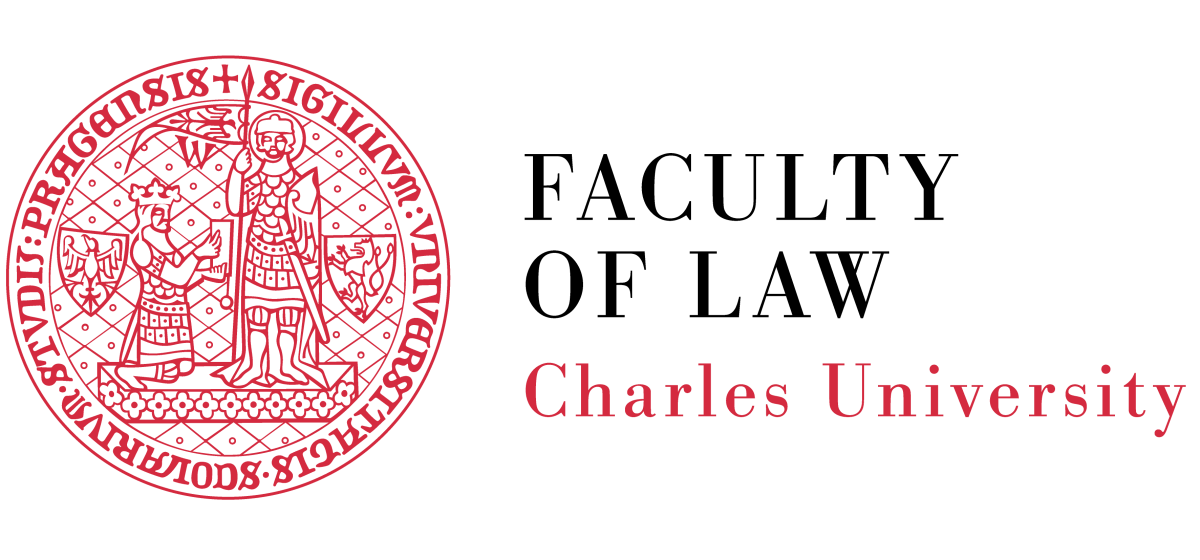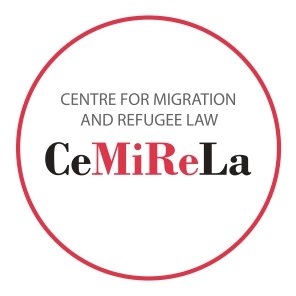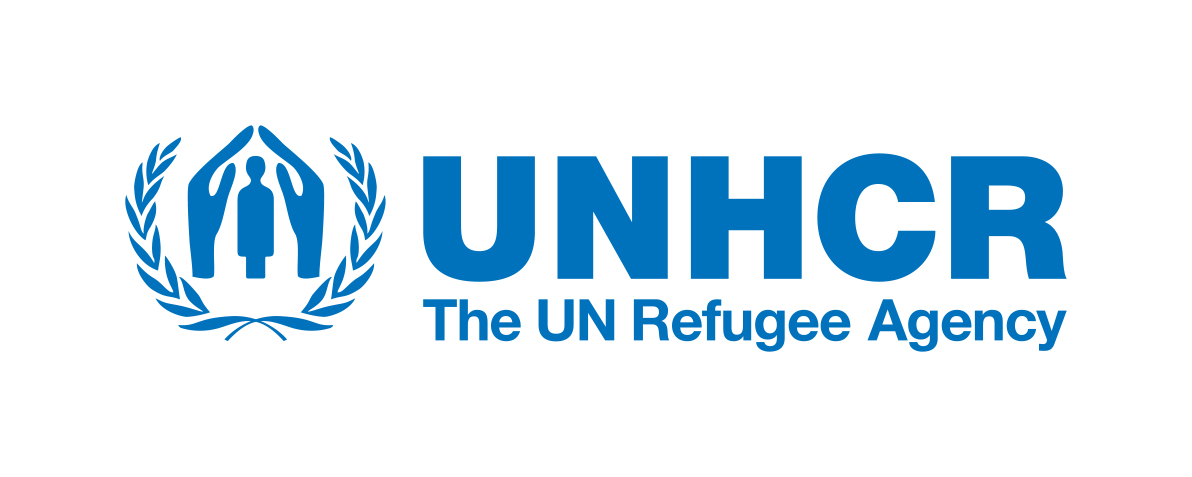CALL FOR PAPERS
International conference on
“Legal discourses on international and EU migration/refugee law in Central and Eastern Europe: emerging new narratives or business as usual?”
organized as a European Society of International Law (ESIL)-supported event by the Faculty of Law of Charles University (Czechia) and the Corvinus University of Budapest (Hungary) with the support of the Institute for Legal Studies– Hungary, the UN Refugee Agency (UNHCR) and the Odysseus Academic Network
9-10 May 2024
- CALL FOR PAPERS -
Of the 27 European Union (EU) Member States, 13 are in Central and Eastern Europe (CEE) lato sensu. Most of them used to belong to the socialist bloc as satellite countries of the Soviet Union and spent many decades on the eastern side of the Iron Curtain after the Second World War. Back then, these CEE countries were relatively closed. Migration existed primarily within the Eastern Bloc and the arrival of foreigners from outside Europe was in small numbers, and from like-minded states (Vietnam, Cuba, Mongolia, etc.).
Before joining the EU, these 13 CEE countries adapted their legal systems to EU law and respected it in the following years. However, this changed radically during and after the so-called European migration and refugee crisis of 2015-2016. The new (hard) political line included vocal opposition to some EU measures aimed at responding to the then mass influx of protection seekers, blocking the achievement of European compromises, building physical barriers at the borders, and adopting a largely restrictive, securitising stance. In some CEE countries, this was followed by the adoption of national legislation that was clearly at odds with EU and international legal standards in this area, disregarded human rights guarantees and generally undermined the rule of law (including the authority of the relevant judicial and non-judicial institutions).
Set against this backdrop, can a common denominator be traced in these countries both when contributing to the international legal discourse and when teaching these subject matters in their respective institutions? For example, can we see the influence of the former Soviet doctrine relating to state sovereignty topic and background (see the concept note here) ?
The conference organizers invite submissions of papers including (but not limited to) the following themes:
- changes in the laws of the Central and East European (CEE) countries and their compatibility with international/EU law and the framing of the legal changes;
- evolution of legal scholarship and doctrines on refugee and migration law issues in the CEE region;
- sovereignty v. human rights in the narratives and discourses of the CEE legal scholarship;
- protection-sensitive entry channels in the narratives and legal scholarship of CEE countries;
- breaching international and European law in CEE countries and its reflection of it in the academic debates, etc.
Organizers invite abstracts of no more than 600 words for either the doctoral session, the main conference, or the teaching panel. Abstracts should set out the main aspects and the structure of the paper. The selection of abstracts is based on the originality and innovativeness of the paper and the relevance to the conference theme.
The deadline for sending abstracts is 1 February 2024 (Thursday) 24:00h. Please send all abstracts (in MSWord format) together with your affiliation, short CV and contact information to 2024.prague.conference@gmail.com. The organizers particularly encourage applications from young scholars from Central and East European countries.
Successful applicants will be notified by email by 20 February 2024. The authors of the selected papers will be required to submit a 3000-3500 word-long extended abstract to 2024.prague.conference@gmail.com by 30 April 2024 at the latest. Submission details, author guidance form and other practical information will be sent to authors at a later stage. The conference conveners are keen to explore suitable ways to publish selected papers after the workshop.
The conference will be held in-person in Prague, Czechia. Selected speakers are expected to attend the conference in person and to bear the costs of their own travel and accommodation.
The event will be composed of the following parts:
- Doctoral session (Thursday from 1 pm)
- Conference (Thursday from 4 pm to 6 pm and Friday from 9.30 am to 2 pm)
- Panel on teaching international/EU migration and refugee law (Friday 3- 5.30 pm)
- Lunch will be provided on Friday and a dinner for conference participants on Thursday. Coffee breaks are scheduled during the conference.
Organizing Committee
Tamás MOLNÁR,
EU Agency for Fundamental Rights (Vienna)
and Corvinus University of Budapest (Hungary)
Věra HONUSKOVÁ,
Charles University in Prague (Czechia)
Scientific Advisory Committee
Réka FRIEDERY,
Institute for Legal Studies, Budapest (for Hungary)
Katarzyna GAŁKA,
Cardinal Stefan Wyszyński University in Warsaw (for Poland)
Iris GOLDNER LANG,
University of Zagreb, Faculty of Law (for Croatia)
Lyra JAKULEVICIENE,
Mykolas Romeris University (for Lithuania)
Dalibor JÍLEK,
Palacký University (for Czechia)
Madalina MORARU,
University of Bologna and European University Institute (for Romania)
Boldizsár NAGY,
Central European University (for Hungary)
Lehte ROOTS,
Tallinn University, School of Governance, Law and Society (for Estonia)
Vasilka SANCIN,
University of Ljubljana, Faculty of Law (for Slovenia)





